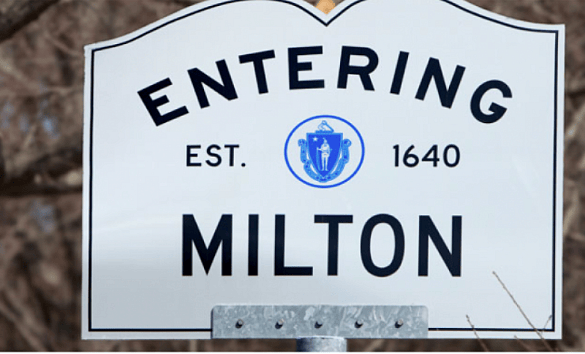News

Milton Public Schools Funded Race-Conscious ‘Equity Audit’ After Cutting Pre-K Program

How much does an Equity Audit cost?
In Milton, it costs $50,000.

